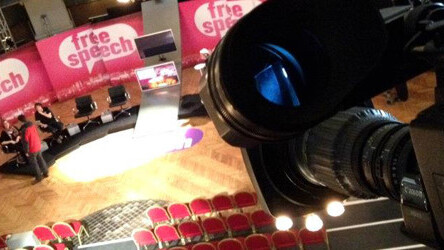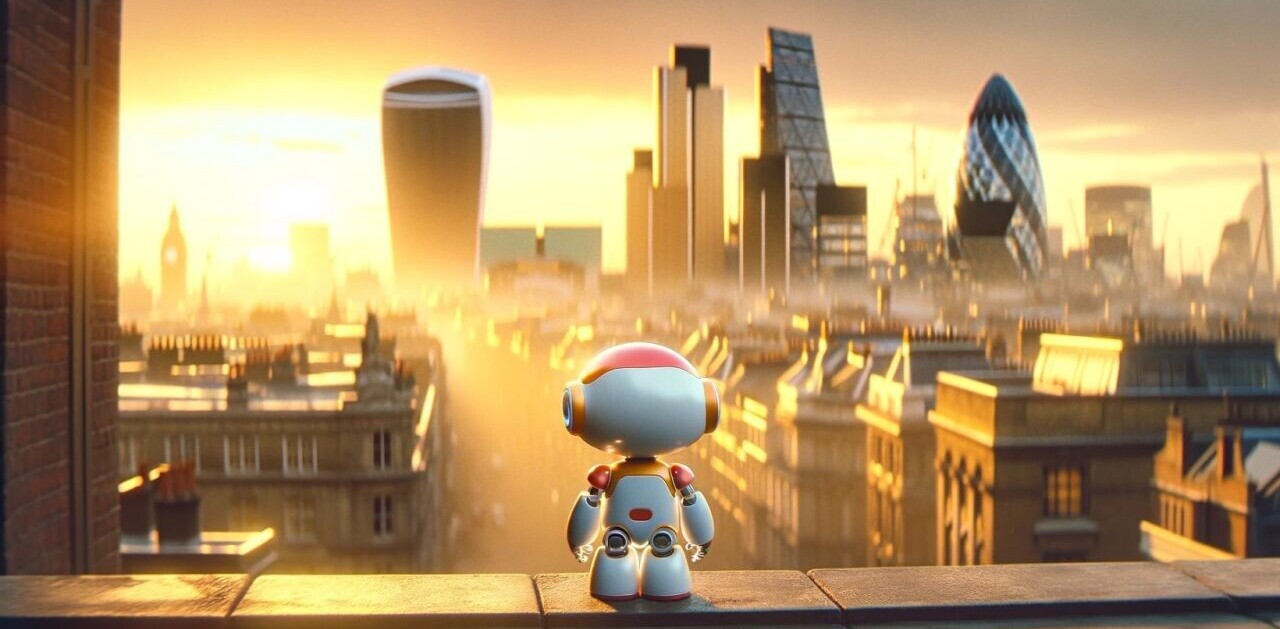
BBC Three, the UK digital channel known for its edgier approach to broadcasting and coverage of challenging topics, is integrating online conversation and pre-production into its latest debate show for the under 30s.
Free Speech, presented by Jake Humphrey with Michelle de Swarte as social media host, takes on the issues of the day and opens them up for further conversation.
Using social media for pre-production is not entirely new, but continuing the conversation each month between episodes is a nice way to keep the audience engaged. It also acknowledges that current affairs discussion is a natural habit for many young people online.
The next edition comes live from Doncaster on April 4th at 10pm and is likely to be interesting as the question of the month will be, “Should a criminal be punished or educated?” Already the discussion is live on the program’s Facebook page and blog and can contributions can be sent via Twitter to @BBCFreeSpeech.

For each episode a panel of influential guests will also be present to get the discussion going and the transparency continues as there is also room for feedback on how the program went for the audience.
Taking on this market is a clever step for both marketing and engagement. It also points to a shift in production roles for those working in television as part of any team today should be dedicated to online conversation and engagement.
There is an educational element too of course, and being television, utilising a YouTube account makes a lot of sense.
So far the format appears to have enlivened the experience of a debate program. BBC Radio 1Xtra presenter Gemma Cairney took part in the first episode and appeared to be pleased with the results as she updated on the BBC Three blog:
Bloomin’ heck, I’ve just come off stage from the first ever Free Speech. That was positively bonkers.
At one point I felt like I was going to leap out of my seat. So exciting, so liberating to unify, to shout, to spurt, to speak!
Engagement with broadcasting has come a long way since audience members would passively watch television or if angered write a letter in green ink. Free Speech takes this evolution a bit further by providing more sophisticated means of engagement with more open channels for viewers to exercise their right to reply.
Get the TNW newsletter
Get the most important tech news in your inbox each week.




